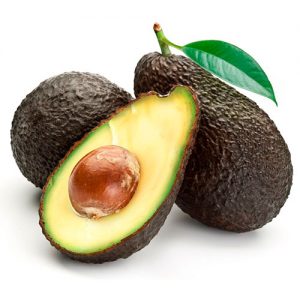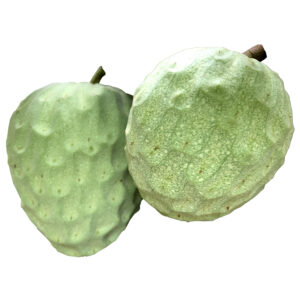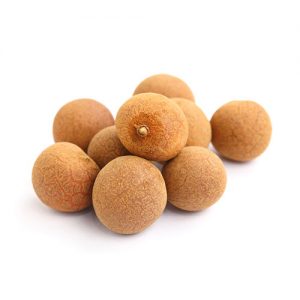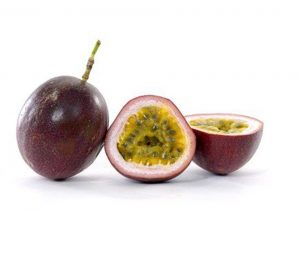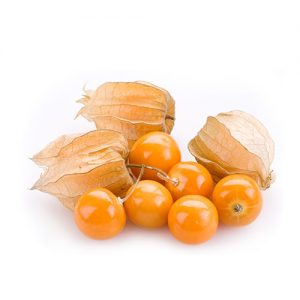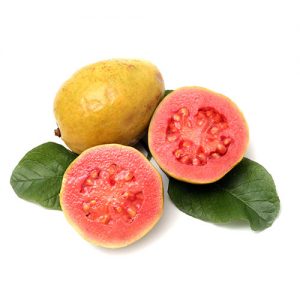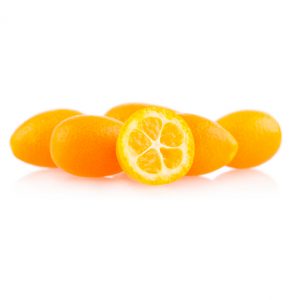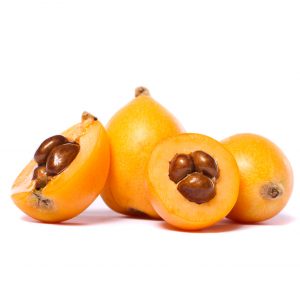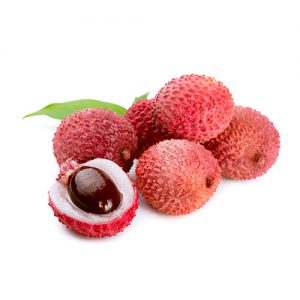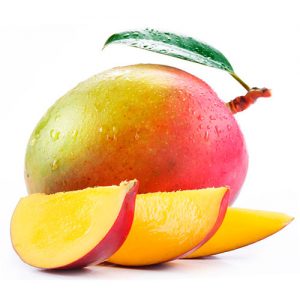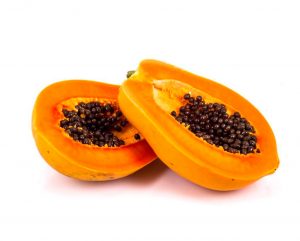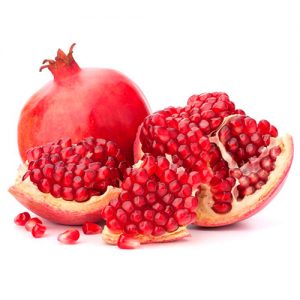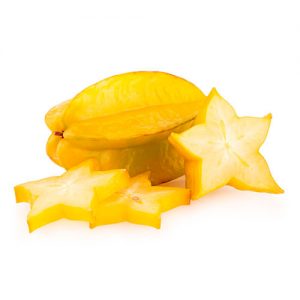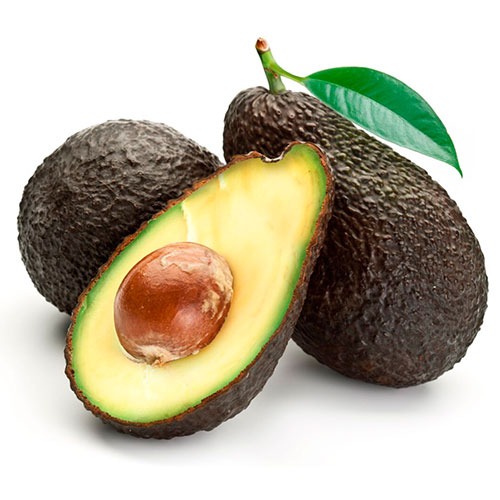About the avocado
Avocados are both a fruit and a vegetable. Thanks to their exquisite, mild flavour and soft, creamy consistency, they can be combined with almost any type of food.
The avocado tree is an evergreen tree native to the tropical and sub-tropical regions of Central America. These trees can grow to 65 ft (20 m) and does not produce any fruit after 4-7 years of age.
The fruit is pear-shaped but it can also present a cucumber or apple-like size. The skin is green but textures and shades may vary depending on the variety. The flesh is creamy and green and surrounds one large, non-edible, brown seed.
How to preserve and consume avocados
Avocados are considered to be ripe and perfect for consumption if the fruit stone inside moves when you shake them or when they yield to gentle pressure.
If you want your avocado to ripen rapidly, wrap it up in newspaper together with a piece of fruit (like an apple or a banana). You will see it ripens up to 2-3 days before time! Another way of getting your avocado ripe is leaving it at room temperature with no direct sunlight, with a temperature between 18-24ºC. It will ripen in approximately a week.
If you want to preserve your avocado already sliced, we recommend tossing it in lemon/lime juice (orange/tomato juice or a bit of vinegar will also be suitable). However, if you intend the opposite (i.e. to avoid ripening), we recommend putting the avocado inside the fridge at a temperature between 4-6ºC. Ripening time can also be extended if the avocado is wrapped in plastic film or put inside an airtight container. That way, the air will not be in contact with the fruit.
Avocado can be frozen, but first the flesh needs to be removed, well-pureed and sprinkled with lemon/lime juice.
Nutritional properties of the avocado
| AVOCADO NUTRITION FACTS – 100 G | |
|---|---|
| CALORIES | 160 |
| TOTAL FAT | 14.66 g – 23% |
| SATURATED FAT | 2.126 g – 11% |
| POLYUNSATURATED FAT | 1.816 g |
| MONOUNSATURATED DAT | 9.799 g |
| CHOLESTEROL | 0 mg – 0% |
| SODIUM | 7 mg – 0% |
| POTASSIUM | 485 mg |
| TOTAL CARBOHYDRATE | 8.53 g – 3% |
| DIETARY FIBER | 6.7 g – 27% |
| SUGAR | 0.66 g |
| PROTEIN | 2 g |
| VITAMIN A | 3% |
| VITAMINA C | 17% |
| CALCIUM | 1% |
| IRON | 3% |
- Percent Daily Values are based on a 2000 calorie diet. Your daily values may be higher or lower depending on your calorie needs.
Health Benefits of the Avocado
- Avocados are very rich in oleic acid, which is a fatty acid that helps keep your cholesterol levels under control. They also have folic acid, which is extremely recommended to prevent fetal malformations during pregnancy.
- It is also rich in fibre, so it helps satiate your hunger, relieve constipation and balance your blood sugar level.
- It contains vitamins A, C, D, K and B. It is also a good antioxidant thanks to the vitamins C and E, which are also very important for the neurological levels of your body and for your cardiovascular health. The content in vitamin D is very salutary for your bone health.
- Avocados contain magnesium and potassium. These two components contribute to the proper functioning of the nervous and muscular systems. They are also of major significance for the immune system, for your small bowel’s health and to prevent water retention.
- In general, avocados are good for your heart; reduce your cholesterol levels; keep your blood pressure under control; contain anti-inflammatory properties; regulate your sugar level in blood; prevent fetal malformations; reduce the risk of strokes and protect against cancer. They are also a fantastic antiaging method; eliminate bad breath and clean your bowel; increase the uptake of nutrients; protect your skin and help gain some weight.
Avocado Varieties
- Hass, an avocado with a nutty flavour. Small-sized, yellow flesh, dark and pebbly skin. Around 4-10 oz (120-300 g) of weight. The Hass avocado is the most widely grown and consumed variety.
- Bacon is the earliest variety of avocado. Smooth, thin green skin with yellow spots. With 7-10 oz (200-300 g) of weight, it is regarded as a hybrid of the Hass avocado.
- Fuerteis one of the most widely grown varieties. Pear-shaped and a weight of around 9 oz (250 g). Rough, but also relatively thin skin. It excels for its delicious taste. Available for purchase all year long. It has high content in oleic acid and lower fat content than other varieties.
- Thick green skin with slight pebbling. It has a peculiar taste and a light scent. Round-shaped and a weight of 9-20 oz (250-600 g) —it is heavier than other varieties. Once cut, it does not turn brown; hence it is ideal for salads and appetizers.
- Very long and pear-shaped, dark green skin and a nice taste (similar to Hass’s). Pinkerton trees are known to produce larger quantities of fruit than other varieties.
- Lamb Hass. Thick, pebbly skin and a similar taste to Hass’s. Pear-shaped and an approximate weight of 10-11 oz (280-320 g). It is regarded as a hybrid of the Hass avocado, but it is more resistant to winds and high temperatures.
Other varieties: Wurtz, Edranol, Ryan, Negra de la cruz, Nabal, Ettinger, etc.
Curious facts about avocado
- Why do sliced avocados turn brown? When you slice an avocado, you are breaking the cell walls, causing oxidation. This oxidation process can be avoided if you add an acid agent (lemon or lime juice, for example) and restrict the surface area exposed to air.
- Avocados are a great nutrition source of potassium. They can contain up to 60% more potassium than bananas.
- In early times, European sailors used avocados as a substitute for butter.
- The Hass avocado is the variety containing more fibre than any other commonly eaten fruit.
- In France, the word for avocado is ‘avocat’ (which means advocate), while in Italy it is ‘avocado’. The story goes like this: in France, avocados came from Haiti and they were called ‘la bonne poire’ (the good pear). Soon, prices shot up and they were so high that French people considered this fruit could only be afforded by very wealthy people, like advocates. That is why they started calling it ‘poire d´avocat’, finally leading to the current denomination, ‘avocat’.
- According to a research published in the ‘Journal of the American Heart Association’, eating an avocado a day is a very healthy way of keeping your cholesterol levels under control. Researches assure that in heart–healthy diets, saturated fatty acids should be replaced with unsaturated fatty acids, like those that can be found in avocados.
- But avocado can be used for other things apart from eating: the avocado oil is used in cosmetics; in anti-aging treatments; to keep your skin healthy or even in shampoos that make your hair healthier and shinier.

